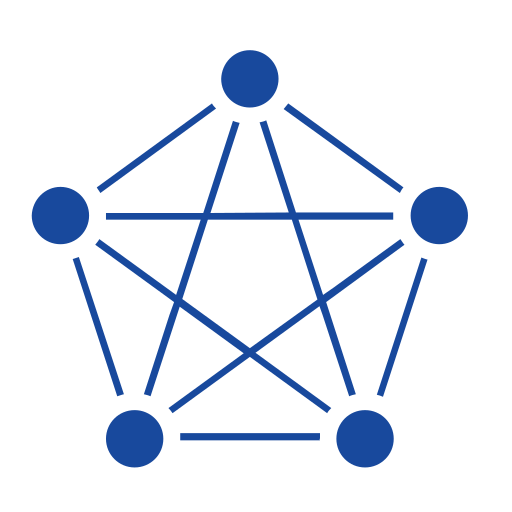About TDengine
TDengine is a time-series database purpose-built for Industry 4.0 and Industrial IoT. It enables real-time ingestion, storage, analysis, and distribution of petabytes of data per day, generated by billions of sensors and data collectors. With TDengine making big data accessible, valuable, and affordable, digital transformation has never been easier.
What’s New
- Support for
GEOMETRYdata type: You can now write and queryGEOMETRYdata as a point, linestring, or polygon. For more information, see Data Types and Geometry Functions. - Improved query performance: The performance of queries that include an
ORDER BYclause has been significantly improved. In addition, performance is improved for queries that include aPARTITION BY tbnameclause with anSLIMITclause. - Improved disk failover support: If an I/O error is detected in a TDengine cluster, the leader node will now automatically fail over to a follower node to ensure that the cluster remains operational.
- (TDengine Enterprise only) Load balancing on tier 0 storage: In previous versions, the root directory of a vnode could be located only on the first disk in tier 0. This limitation has been removed and load is now distributed among all tier 0 storage.
Compatibility
- You can deploy TDengine Enterprise 3.1.0.0 on mainstream Linux distributions, macOS, and Windows.
- You can deploy TDengine OSS Server 3.1.0.0 on mainstream Linux distributions and macOS.
- You can deploy TDengine OSS Client 3.1.0.0 on mainstream Linux distributions, macOS, and Windows.
You can also run TDengine in Kubernetes or in Docker containers. See Supported Platforms for details about the compatibility of TDengine 3.1.0.0 with various architectures and operating systems.
Note: You must upgrade existing clients to TDengine 3.1.0.0 before connecting to a TDengine 3.1.0.0 server.
Upgrading to TDengine 3.1.0.0
Upgrading TDengine Cloud
TDengine Cloud instances will be upgraded automatically, and an account representative will notify you of the next scheduled maintenance window during which your instances will be upgraded. Note that if you manually shut down your instances prior to the maintenance window, those instances will be automatically upgraded to the latest version.
Any TDengine Cloud instances on the legacy Free Plan are automatically upgraded the next time they are shut down. You can manually shut down an instance by opening the Instances tab and clicking the Active slider.
You can check your current version of TDengine at any time by running the SELECT SERVER_VERSION(); command.
Upgrading TDengine OSS and TDengine Enterprise
You can upgrade TDengine OSS and TDengine Enterprise to version 3.1.0.0 from version 3.0.1.5 or later.
IMPORTANT: Once you upgrade to TDengine 3.1.0.0, you cannot roll back to any previous version of TDengine. Upgrading to 3.1.0.0 will alter your data such that it cannot be read by previous versions.
To upgrade TDengine OSS or TDengine Enterprise, first back up your deployment by making a copy of the TDengine directory. Next, remove all streams from your deployment. You can re-create your streams after the upgrade process is complete.
IMPORTANT: You must remove all streams before upgrading to TDengine 3.1.0.0. If you upgrade a deployment that contains streams, the upgrade will fail and your deployment will become nonoperational.
After verifying that your deployment has been backed up and all streams have been removed, install TDengine 3.1.0.0 as described in the official documentation. It is not necessary to uninstall TDengine before upgrading.
Note: If you have deployed TDengine as a cluster, you must shut down and upgrade all nodes in the cluster to TDengine 3.1.0.0. Rolling upgrades are not supported in TDengine 3.1.0.0.
If you are running TDengine 2.6 or earlier, contact the TDengine Team for assistance in migrating your deployment to TDengine 3.1.0.0. TDengine Enterprise customers can contact their account representative for support, and all users can join the TDengine Discord server and request help from the team.
Resolved Issues
For a full list of issues resolved in this release, see our GitHub repository.



